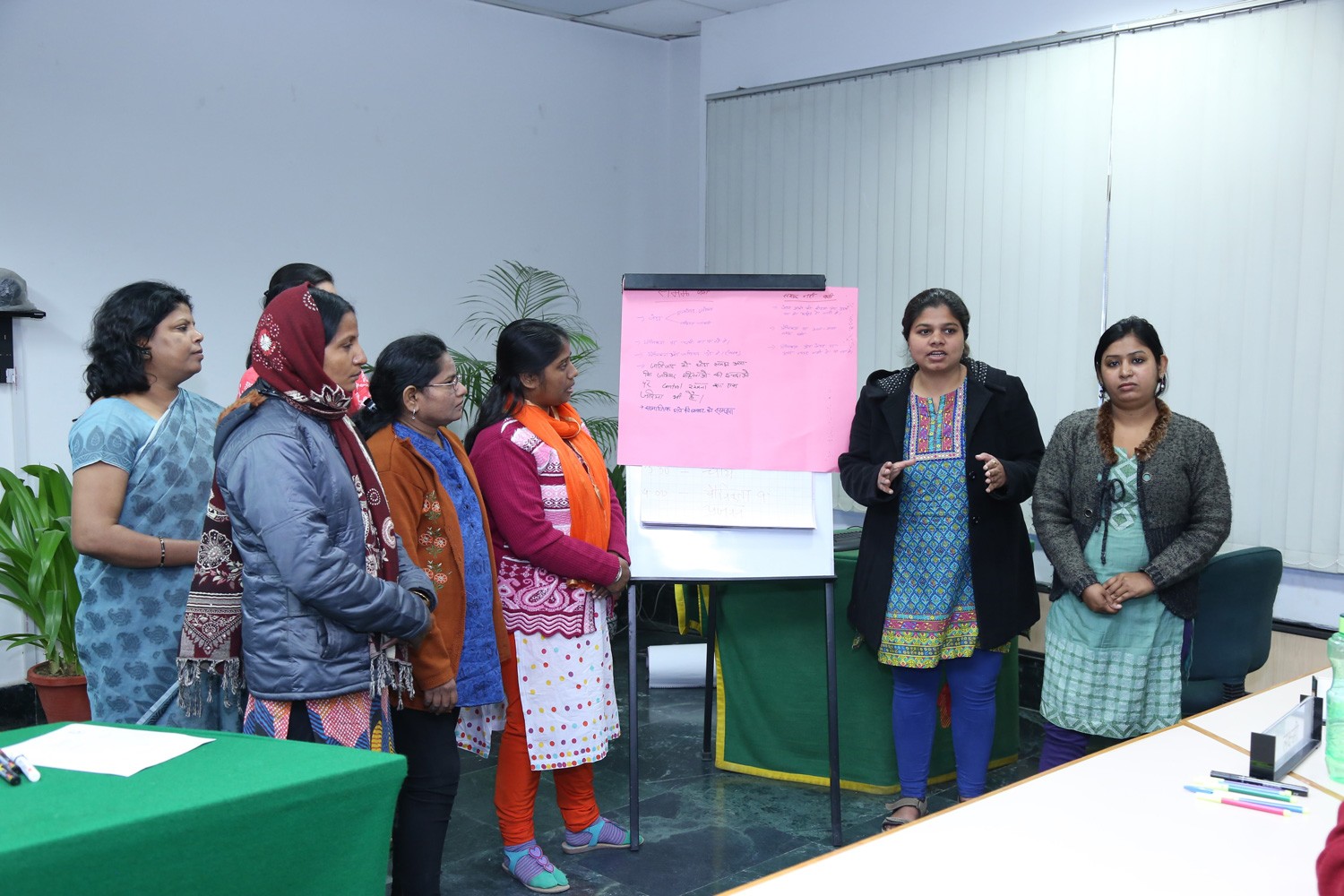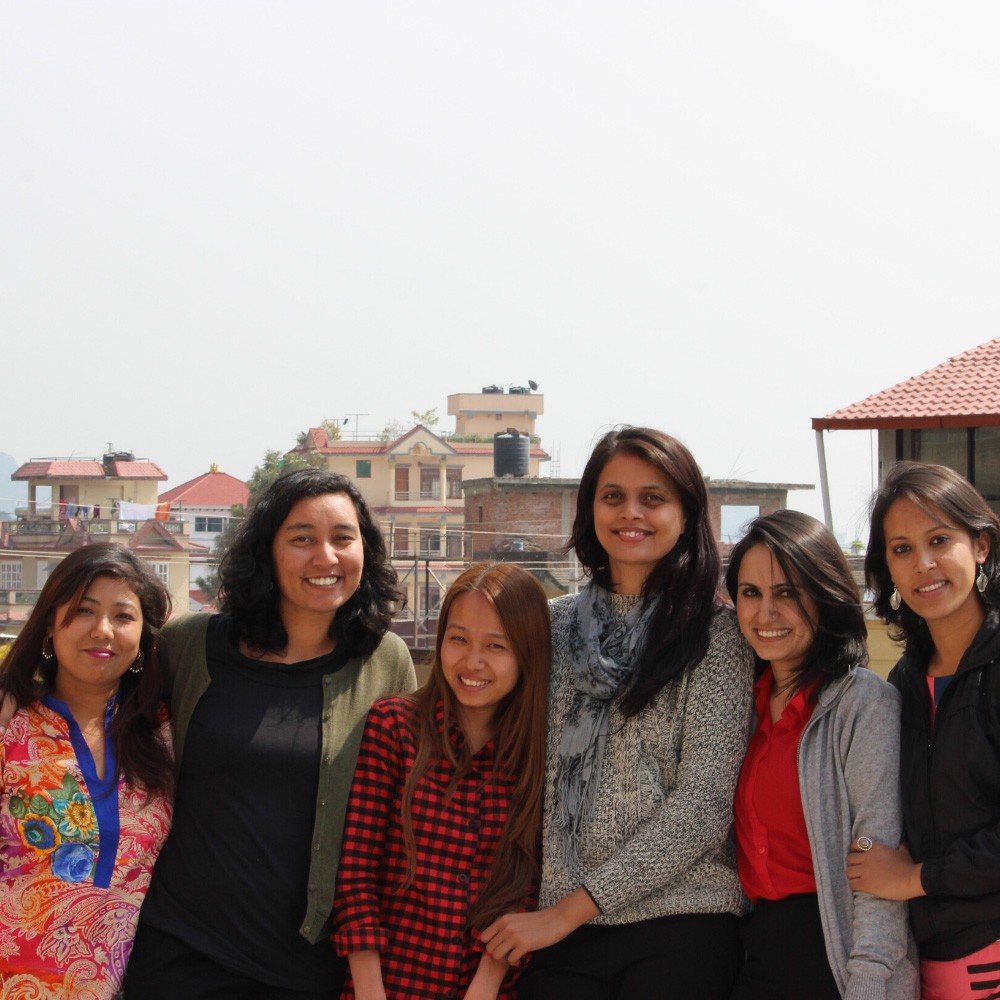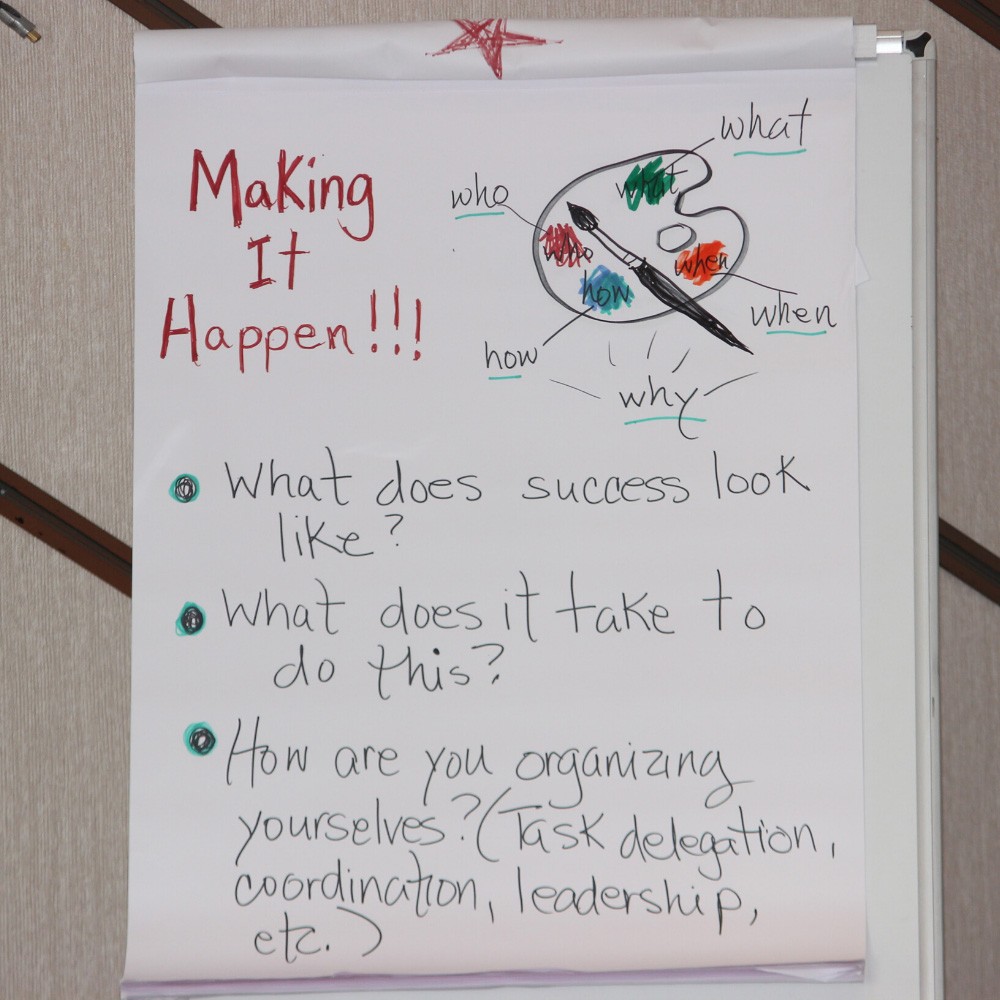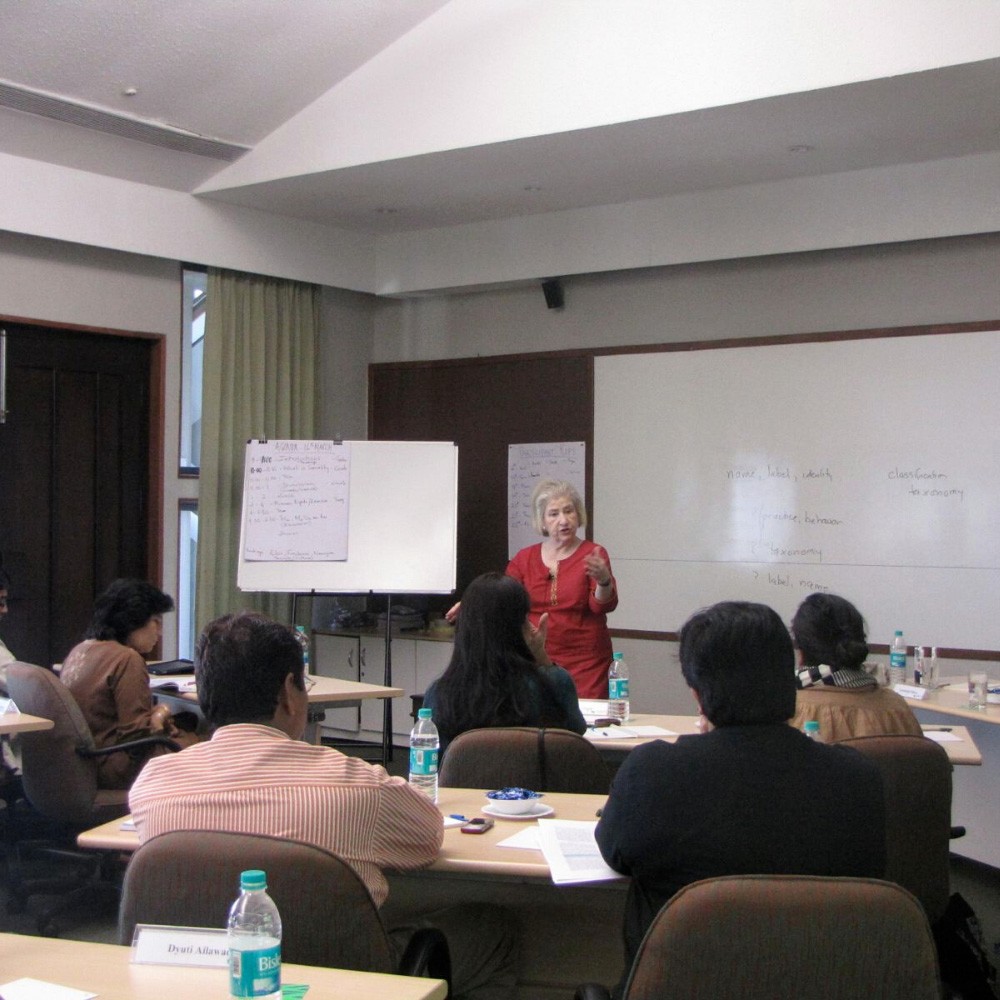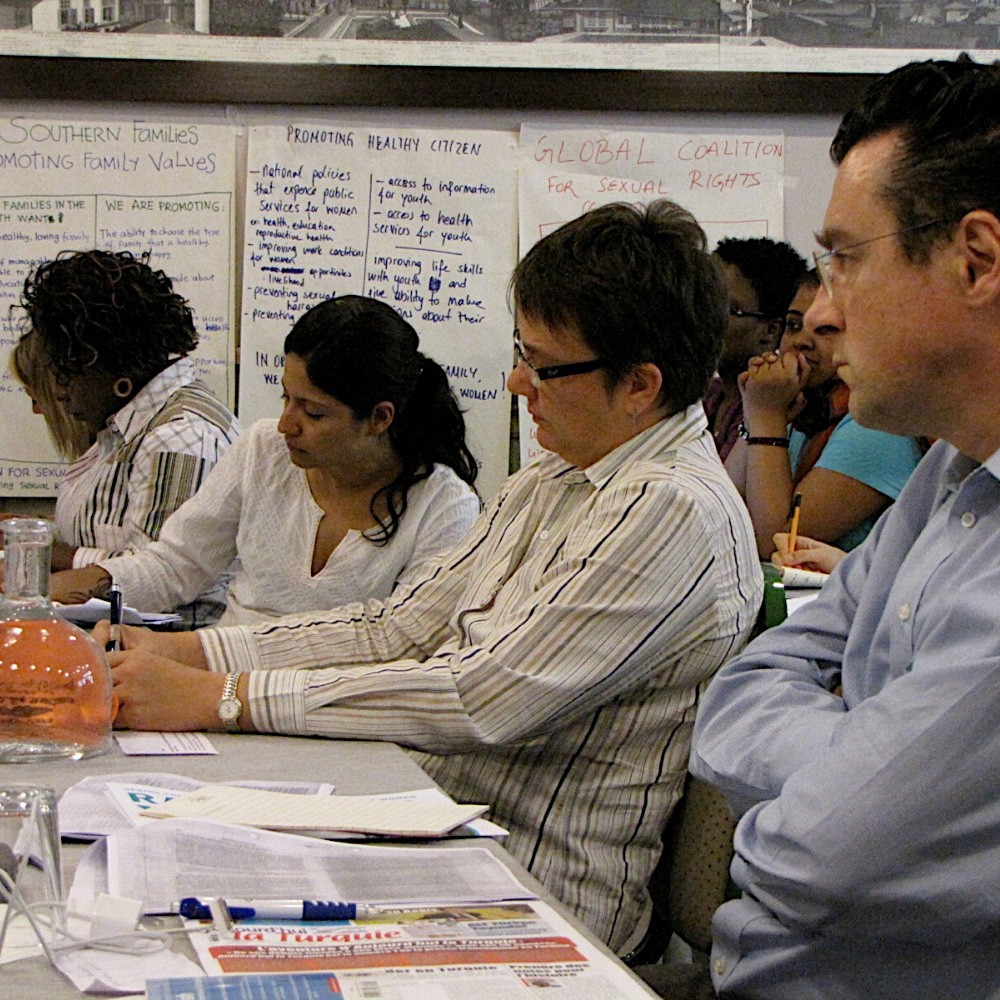CREA’s Sexuality, Gender and Rights Institute is an annual residential course that focuses on a conceptual study of sexuality and has been held since 2002. It examines the links between sexuality, rights, gender, and health, and their interface with socio-cultural and legal issues. The participants critically analyze policy, research, and programme interventions using a rights-based approach. The Institute is an invaluable resource for activists, researchers, journalists, and practitioners working on issues of sexuality, LGBT rights, sexual rights, HIV/AIDS, gender-based violence (GBV), health, and gender.
The institute is designed in consideration of local contexts and languages and takes place as SGRI Global, India (English), Hindi and Nepal. Rooted in feminist and social justice purpose, principles, politics and practice without exception, the Institute challenges participants’ deeply held, and often personal, assumptions about sexuality and rights, so they may go out into the world and change the frame and discourse of sexuality, gender and rights and develop alternatives to oppressive social and political norms.
The Institute targets practitioners, activists, researchers and those working directly or indirectly on sexuality and/or human rights. The India SGR Institute is meant for practitioners, activists, researchers and those working directly or indirectly on sexuality and/or human rights in South Asia. The regional institutes enable alliance building and engagement with issues of sexuality, gender and rights in a country and language specific context. We have a strong network of alumni from the SGR Institutes nationally, regionally and globally. After every SGRI, participants join the online community of SGRI participants and faculty that is maintained by CREA. Through this listserv, participants share resources, announcements, current events, and have a space to discuss their achievements and struggles in their work.
SGRI has resulted in stronger sharing of information and cross learnings between activists and practitioners working across sexuality, gender, rights of marginalized groups, and gender based violence nationally, regionally and globally. The participants are able to examine sexuality not just from the lens of violations, protection, danger and marginalization but also from the lens of pleasure, rights and and positive emotions. It has enabled activists from different regions to address issues of consent, discrimination, and equality in their policy advocacy and program implementation and fostered greater inter-movement dialogues and networking.
